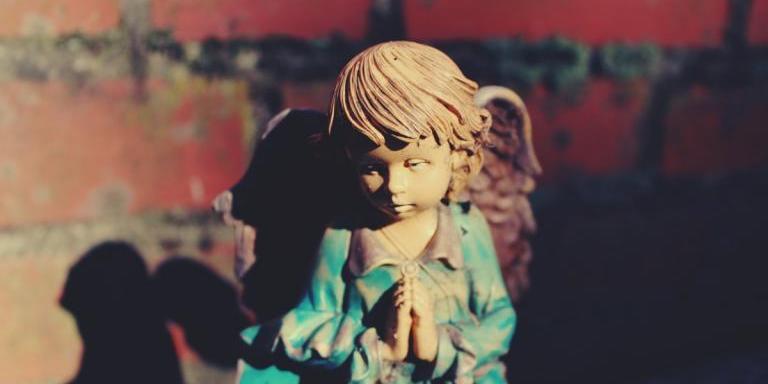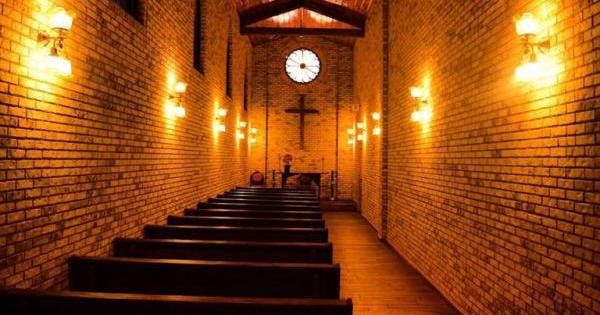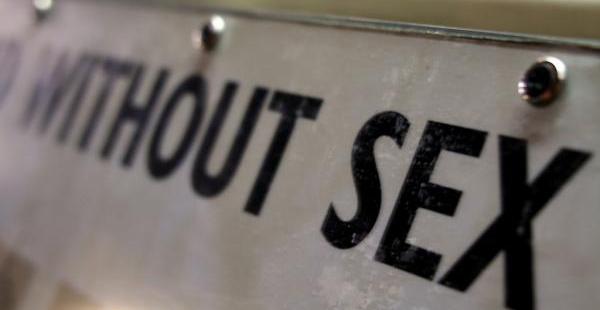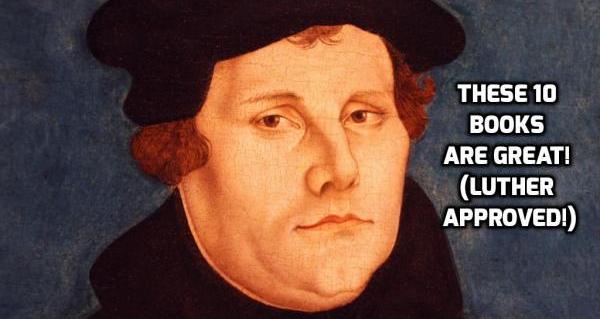It’s become fashionable in academic theology circles to refuse to speculate on God’s role in evil and suffering. This is especially so after a major tragedy or outburst of evil occurs.
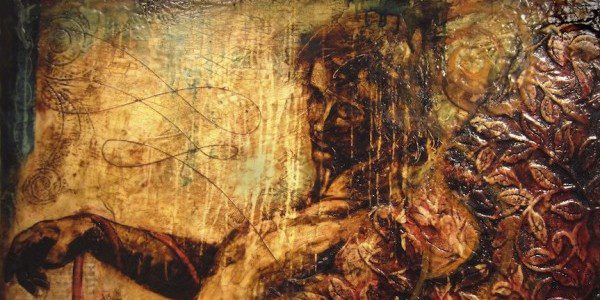
This is understandable for several reasons: First of all, how can we possibly know what God could or could not do, or would or would not do, with respect to events in the world? Maybe God isn’t the sort of being we can analyze in this way. Furthermore, given our inability to determine God’s action in our world, shouldn’t we just focus on the causes we can determine to be the case as well as focusing on constructing solutions and responses for dealing with the situation?
Secondly, probing into the mysteries of God’s agency with respect to the problem of evil and suffering sounds a whole lot like apologetics, and outside of conservative evangelical circles, apologetics is definitely not cool (and it’s considered not cool for some good reasons, mind you). Apologetics has an often-well-deserved reputation for not being particularly pastoral. Theodicy in particular (the “defense of God in the context of the problem of evil and suffering”), as a category of apologetics, has a history of being disassociated from pastoral and existential realities.
Nonetheless, Thomas Jay Oord bucked the trend yesterday by putting out an essay where he defends a rather unpopular thesis: He asks, “Did God Allow the Paris Attacks?” His answer is “no.” God didn’t allow the Paris attacks. God couldn’t prevent them from happening.
For Oord, God is love. The fundamental nature of God as love is non-negotiable, for Oord. A loving God would not allow or permit evil and harm to befall God’s creatures.Rather than rethink God as love or what we typically mean by love or loving (as many others in the Christian, particularly Calvinistic Reformed tradition have done), Oord suggests that we rethink how we understand power. He writes,
I think theologians and Christians in general need to rethink God’s power. This means rethinking what it means to say God can control creatures and creation, whether these existing things have freedom or not.
God’s power, for Oord, is an “uncontrolling” and non-coercive power. To understand fully what Oord means by “uncontrolling” and how he unpacks this in light of God’s relation to creation/world/human agency/evil, etc., we’ll all have to read his forthcoming book, The Uncontrolling Love of God.
I find his concluding reflection compelling:
I find comfort in believing that God could not have stopped the terrorist attacks. If a loving God could have prevented them, I think this God should have done so. But if divine love is such that God is metaphysically unable to thwart such attacks, I can without scruples maintain my faith in the steadfast love of God. My hope is that this uncontrolling love will one day winsomely win all creation to right relationship.
It’s compelling to me because Oord expresses here why theology is actually pastoral, when approached the right way. It matters–to a lot of people, anyway–how they envision God and God’s relation to them and to their suffering. It matters how they portray God’s relation to events within our time frame–especially to events that we strain to understand and find nearly impossible to accept. It matters what kind of God we believe we are praying to, appealing to, or protesting against, in times of grief and confusion.
I think Oord shows us why we don’t really need apologetics as a distinct discipline; if just practice good theology we’ll achieve a better result.
My theology differs from Oord’s, but I empathize with his rationale as set forth here and I look forward to learning how he explains more fully his view of God.
Image Source (slightly cropped)






